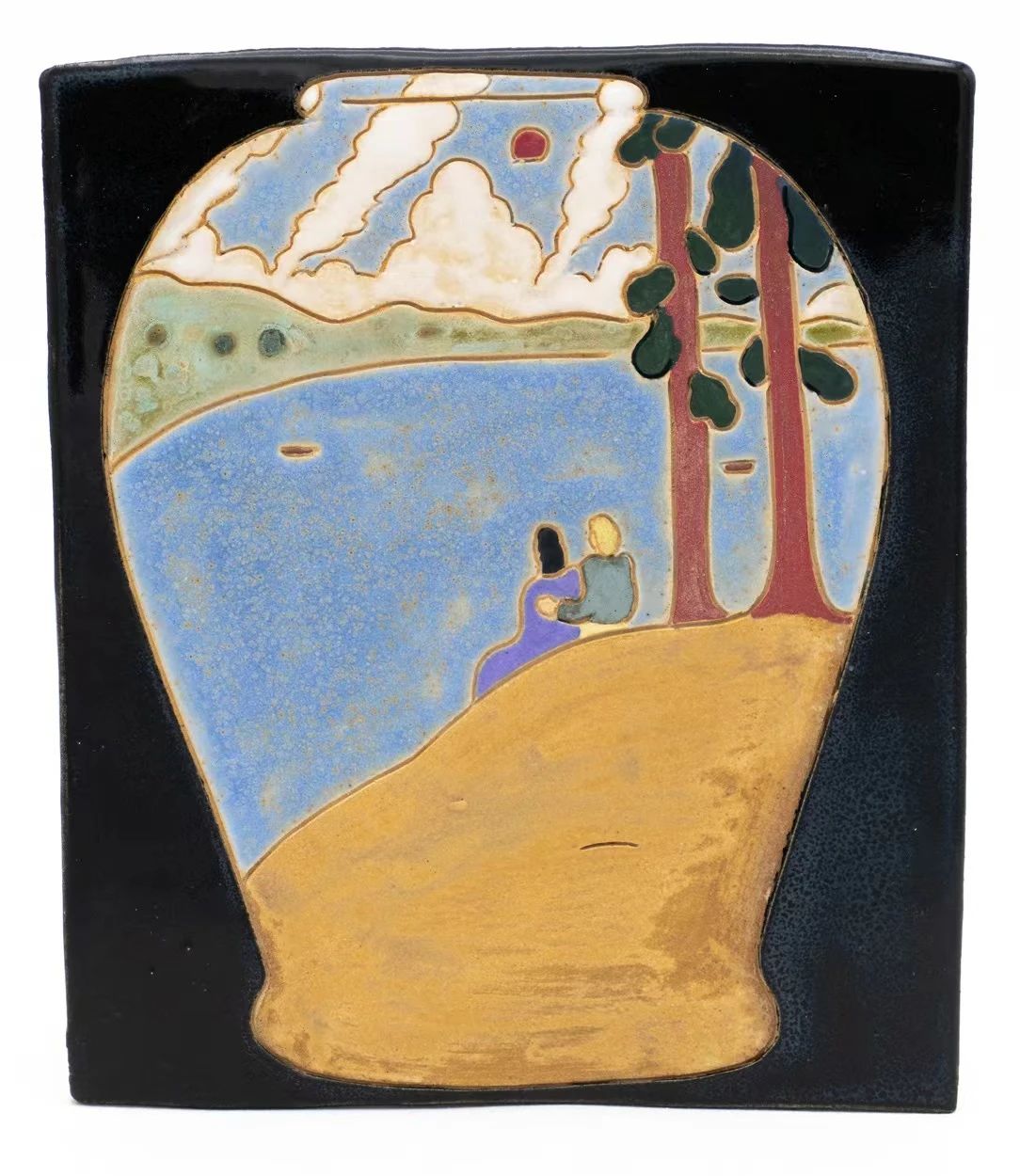“品牌广告”和“效果广告”的含义和区别
经济广告是指以营利为目的的广告,通常是商业广告,它是为推销商品或提供服务,以付费方式通过广告媒体向消费者或用户传播商品或服务信息的手段。商品广告就是这样的经济广告。以下介绍
品牌广告(brand advertising)(往往被人们称为“注意力经济”),旨在唤起消费者的注意及兴趣,树立企业或者产品的品牌形象,这需要大量资金的投入,广告的反复播放,以帮助消费者形成记忆。由于其距离消费者最终的购买行为比较远,其过程控制异常复杂,而结果一般也难以衡量。
效果广告(Performance Advertising)(可以称为“欲望经济”),针对的是最接近消费者购买行为的探索阶段(产生欲望),其表现形式与品牌广告完全不同,比如资金投入不再是大多数中小企业遥不可及的天文数字,广告效果成为可衡量,因此广告主也无需关心传统品牌广告系统中复杂的过程管理。
总结效果广告和品牌广告的区别:
1,目的不同。品牌广告的目的是建立品牌知名度;Building brand awareness效果广告的目的是促进销售或其他消费者行动。Promote sales or other consumer actions.
2,策略不同。品牌广告注重创意,创意是加分项目,能提高用户对品牌的认知及留有好感。但是,对视觉的制作要求很高,一般是高大上的图片,涉及的专业较强。讲究能促使用户成交的创意即可,一般以用户的感受及需求为主,需要多方面测试。
3,时间不同。品牌广告一般以营销节点为主,如春节、情人节、双11等在型电商节日进行营销,采取排期式投放。效果广告具有持续性,一般常年持续投放。
参考双语例句:
The pronounced difference in the branding/direct spending mix between the online and traditional media worlds has prompted some to speculate that brand might not be well suited to online: one critic labeled online “the greatest branding disappointment ever.134” Online, it was argued, is not effective at building up the emotional connection that makes for effective brand advertising; advertisers have no control over where their ads appeared, leading to possible brand dilution.
有人认为网络是“品牌广告的 最大败笔”134。据称,网络在构建品牌广告的情感纽带时并不有效,同时广告商无法控制广告的摆放位置,也可能导致品牌的分量减轻。
This includes building in interactive products with traditional media companies, building data-driven display advertising platform business, setting up a social media practices for agencies and repackaging mobile media for brand advertising.
其中包括创立通过传统媒体宣传产品的公司,建设根据数据处理的广告商业平台,建立为代理机构,手机媒体,品牌广告服务的互动媒体业务。
But in the future, if online brand advertising reaches parity with online direct, it might be better to structure companies along the lines of brand and direct divisions, rather than splitting them into traditional and online departments.
但如果以后网络品牌广告与网络 直效广告不分伯仲时,按照品牌广告和直效广告部门确定公司架构可能更好,而非将其割裂成传统广告部门和网络广告部门。




